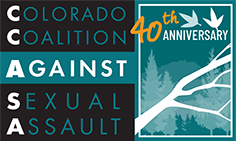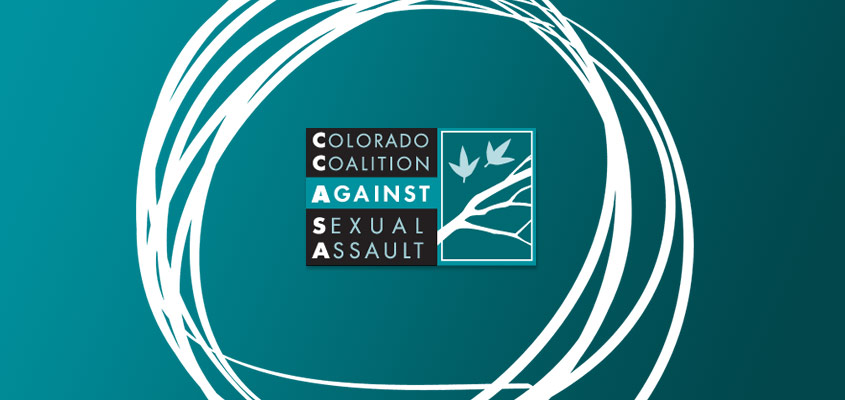I’ve been coordinating the 6th JD response to sexual assault for over 2 years. My social work career started over 12 years ago when I began volunteering at a domestic violence shelter as a BSW student in Lawrence, Kansas. Throughout the years one thing hasn’t seemed to change: the general public still blames victims. Community education is desperately needed. An effective way to talk with peers, acquaintances, family, and friends was recently brought to my attention; talk about sexual assault in the context of other crimes.
Below I offer an overview of an example that was provided at the Ending Violence Against Women International (EVAWI) conference in Denver this past August by Anne Munch, JD, Owner, Anne Munch Consulting, Inc., Denver, Colorado. This particular example could apply to Intimate Partner Sexual Violence or situations where there has been past consensual sex.
You and a co-worker go out to lunch, your co-worker says they forgot their wallet and asks if you can pay for them. They promise to pay you back. You pay for their lunch. A week later they pay you back.
A month later your same co-worker asks to barrow $20 for something and promises to pay you back. You lend the co-worker $20 and they pay you back a few days later.
Another couple of weeks go by and they ask to borrow $10. You lend it to them, and they pay you back.
Another couple weeks go by and they ask to borrow $20. This time you’re getting annoyed with all the requests to borrow money so you say you can’t this time.
Unintentionally, you leave your wallet out. You have $60 cash in it. Later that evening you go into your wallet only to find no cash.
Just because you have consented to lending your co-worker money in the past does it make it ok for them to take it without your consent this time? Would you report your stolen money to someone? Is it a crime?
Assuming the person you’re talking with agrees that it is not ok for the co-worker to take the money without consent, you can use this as an analogy. Just because the victim/survivor had consented to sex in the past, however long or short ago, it does not mean the perpetrator can force sex on the victim/survivor when they please.
These types of questions that illicit critical thinking need to be asked. Challenge your family, friends, and peers when they make victim blaming statements with scenarios that make them think outside the box.
Here are two (of the many) resources to help you start this conversation, and hopefully help to create better juries in each of our Colorado communities!
Counter Quo: http://counterquo.org/
They focus on collaborations designed to challenge the way our culture responds to sexual violence. Check out their media library, FAQs, and blog.
Start By Believing: http://www.startbybelieving.org/
This is a public awareness campaign uniquely focused on the public response to sexual assault. Because a friend or family member is typically the first person a victim confides in after an assault, each individual’s personal reaction is the first step in a long path toward justice and healing. Knowing how to respond is critical—a negative response can worsen the trauma and foster an environment where sexual assault predators face zero consequences for their crimes. Get involved by sharing your story, reading their blog, or using their free materials.
Image Via.
Carla Hase is the 6th Judicial District Sexual Assault Response Coordinator. Since hired, 2 SARTs have been implemented and a SAFE program has been developed at the Pagosa Springs Medical Center. Additionally, Carla took on the role of SANE Coordinator at Mercy Regional Medical Center in May 2013. Prior to moving to Durango in 2011, Carla was the Assistant Director of the Kansas Department of Correction, Office of Victim Services where she managed Victim Notification Services, the Victim/Offender Dialogue program, and provided victim centered trainings to parole and probation officers, facility staff, and community partners.



Thank you Carla for sharing your insight and providing additional references and sources to pass along to our community!
Reblogged this on The Daily Advocate By Painspeaks.